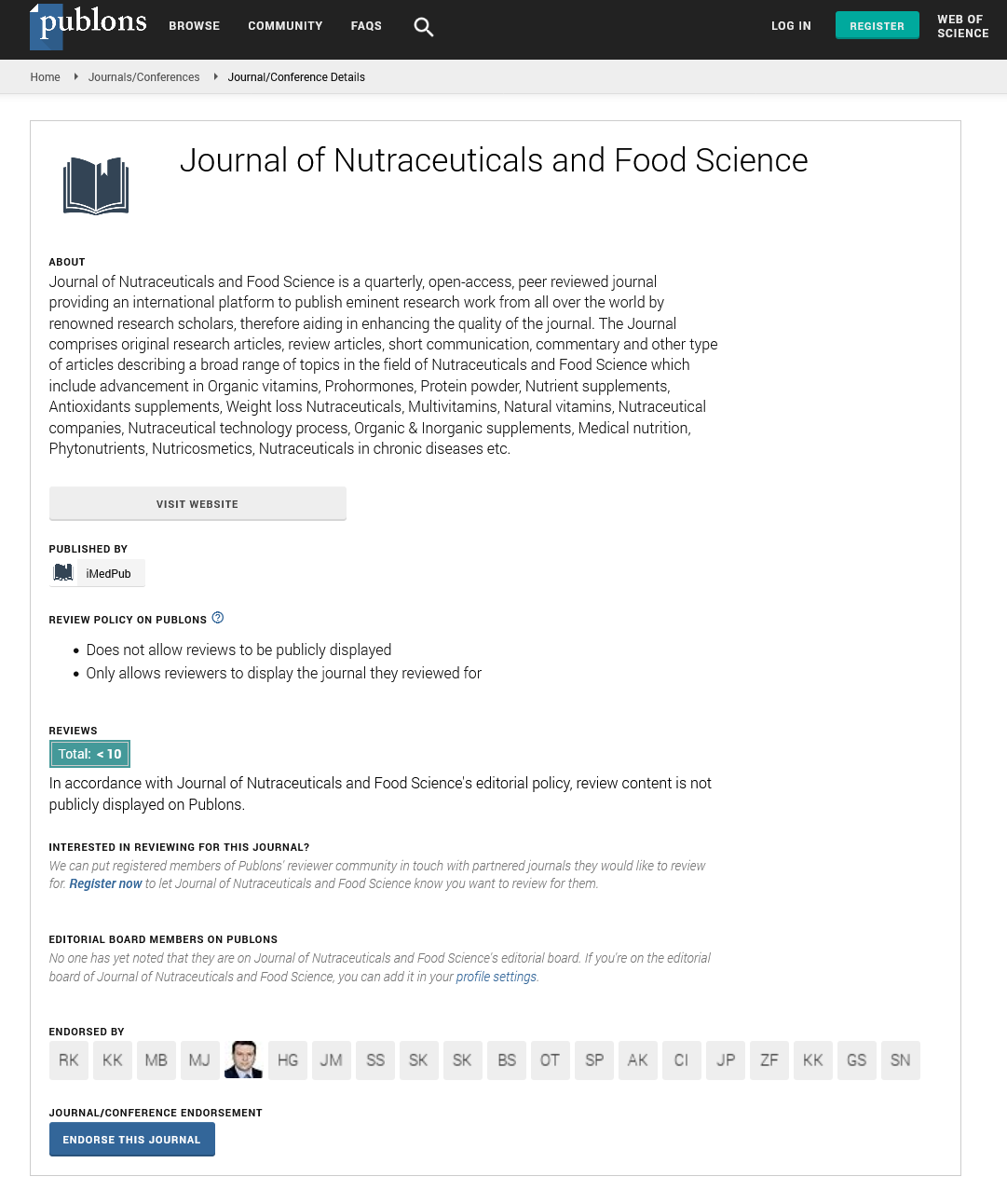Abstract
Assessment of Casein in Different Milk Sources
Milk contains many proteins but in this study we collected the milk from different sources, like many gawala (milk suppliers) and also from animals which include Cow, Buffalo, Camel, Goat, Sheep and Donkey. From all these milk sources the protein β-Casein was extracted and confirmed. The extraction of casein was done chemically by using the procedure in which small amount of weak acid like acetic acid is added in the preheated milk at 50 0C by using heating plate. When acid is added in the milk all the present β-Casein in the milk was precipitated by micellization which was present in milk in the form of colloidal solution. The precipitated protein was filtered by using filter paper and mulmul. The extracted β-Casein was washed thoroughly with ether and methanol solution (1:1 ratio) to remove the fat contents which are sometimes precipitated with protein. The protein was dried and confirmed by using some chemical tests like Xanthoproteic test and Biuret test as well as spectroscopic techniques like FTIR and mass spectroscopy. The dried protein was also used for the calculation of percentage yield, which reveals that the Buffalo and Goat milk contains maximum percentage of β-Casein which were 7.12 % and 9.59 % respectively. The Gawala milk sample 7 contains maximum percentage of β-Casein that was 6.73 %. The minimum amount of β-Casein in samples was present in Camel as well as Gawala sample 9 that were 4.8% and 3.60 % respectively.
Author(s):
Khalil Ahmad
Abstract | Full-Text | PDF
Share this

Google scholar citation report
Citations : 393
Journal of Nutraceuticals and Food Science received 393 citations as per google scholar report
Journal of Nutraceuticals and Food Science peer review process verified at publons
Abstracted/Indexed in
- Google Scholar
- Publons
- Secret Search Engine Labs
Open Access Journals
- Aquaculture & Veterinary Science
- Chemistry & Chemical Sciences
- Clinical Sciences
- Engineering
- General Science
- Genetics & Molecular Biology
- Health Care & Nursing
- Immunology & Microbiology
- Materials Science
- Mathematics & Physics
- Medical Sciences
- Neurology & Psychiatry
- Oncology & Cancer Science
- Pharmaceutical Sciences


